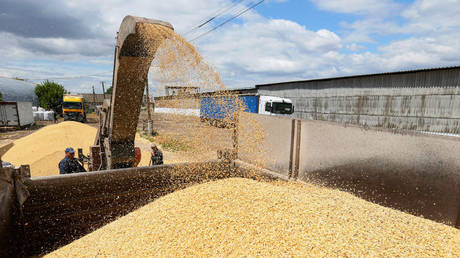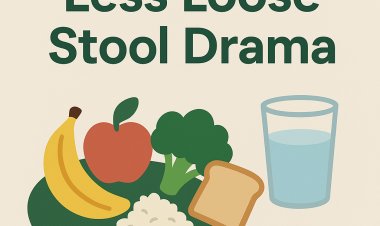Kiev criticises EU import quotas on Ukrainian goods
The Ukrainian authorities have sent notes of protest to the Polish and EU embassies, saying their restrictions on imports are “unacceptable” Read Full Article at RT.com

A Foreign Ministry spokesman has claimed the measures run counter to existing trade agreements
Ukrainian authorities have sent notes of protest to the Polish and EU embassies in Kiev, decrying restrictions on imports of the country’s agricultural products to the bloc. The move was announced on Saturday by Ministry of Foreign Affairs spokesman Oleg Nikolenko in a Facebook post.
According to Nikolenko, Ukraine considers the restrictions “utterly unacceptable.”
“Such restrictions, for whatever reason, do not comply with the Ukraine-EU Association Agreement and the principles and norms of the EU Single Market,” Nikolenko insisted.
Earlier this month, Poland, Hungary, Slovakia, and Bulgaria unilaterally banned the import of agricultural products from Ukraine in a bid to protect their domestic markets, which have been overflowing with cheap produce. Romania did not impose an import ban, but joined the calls for Brussels to free the region of Ukrainian goods.
The spokesman further claimed that Kiev has “all legal grounds” to immediately resume its exports to Poland, Romania, Hungary, Slovakia, and Bulgaria and continue uninterrupted transit of all Ukrainian products to other countries both inside and outside the EU.
“The Ukrainian Foreign Ministry urged its [EU] partners to find a balanced solution based on EU legislation, the Association Agreement, and in the spirit of solidarity,” he added.
The European Commission and the five member states struck a deal on Friday, following two weeks of discussion, which involves replacing individual bans placed by each country on Ukrainian imports with “emergency safeguard measures” for four major staples – wheat, maize, rapeseed, and sunflower seeds.
Sources claim that imports of the crops into the five Eastern European countries will likely be blocked, unless for transit.






















